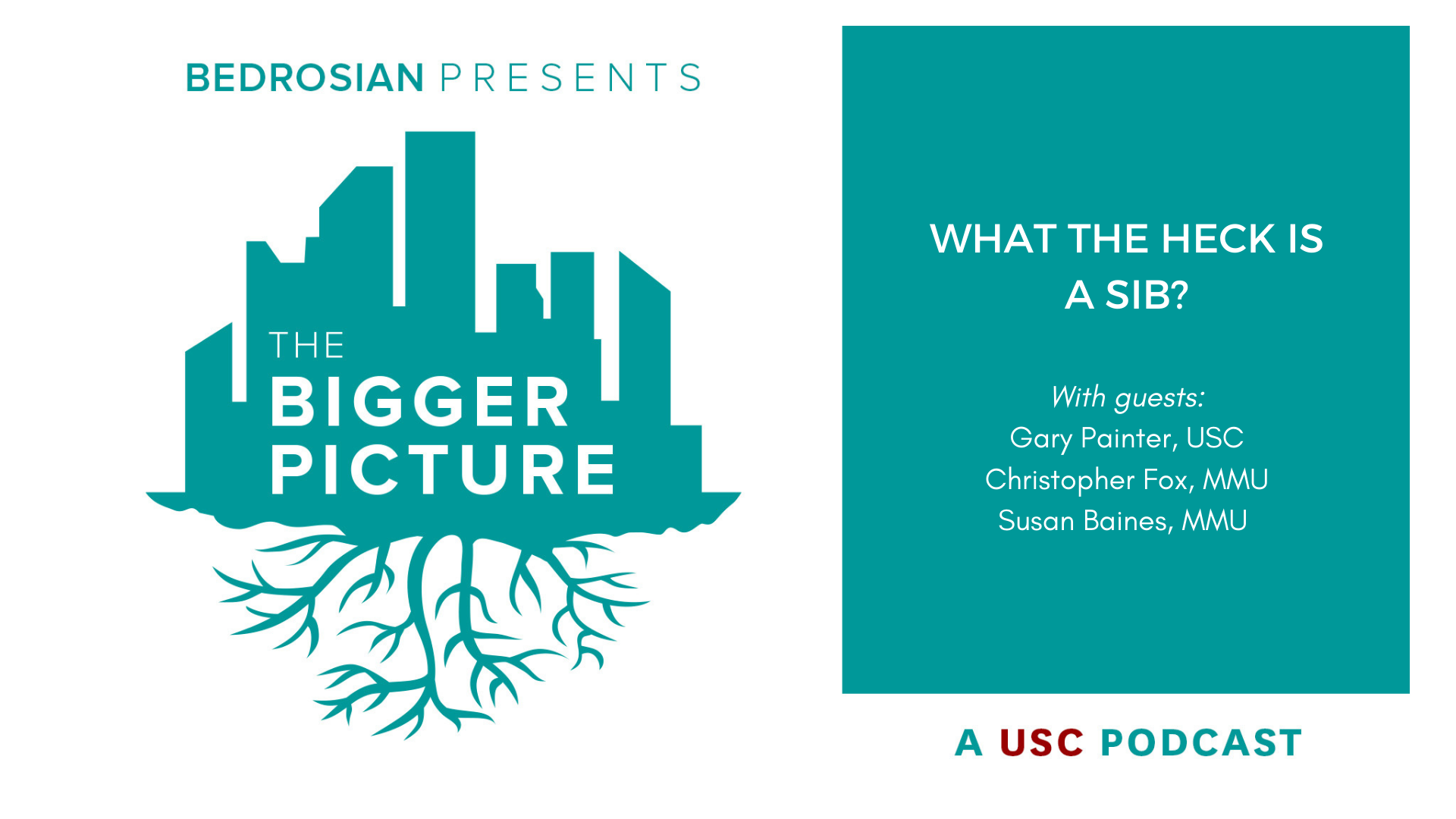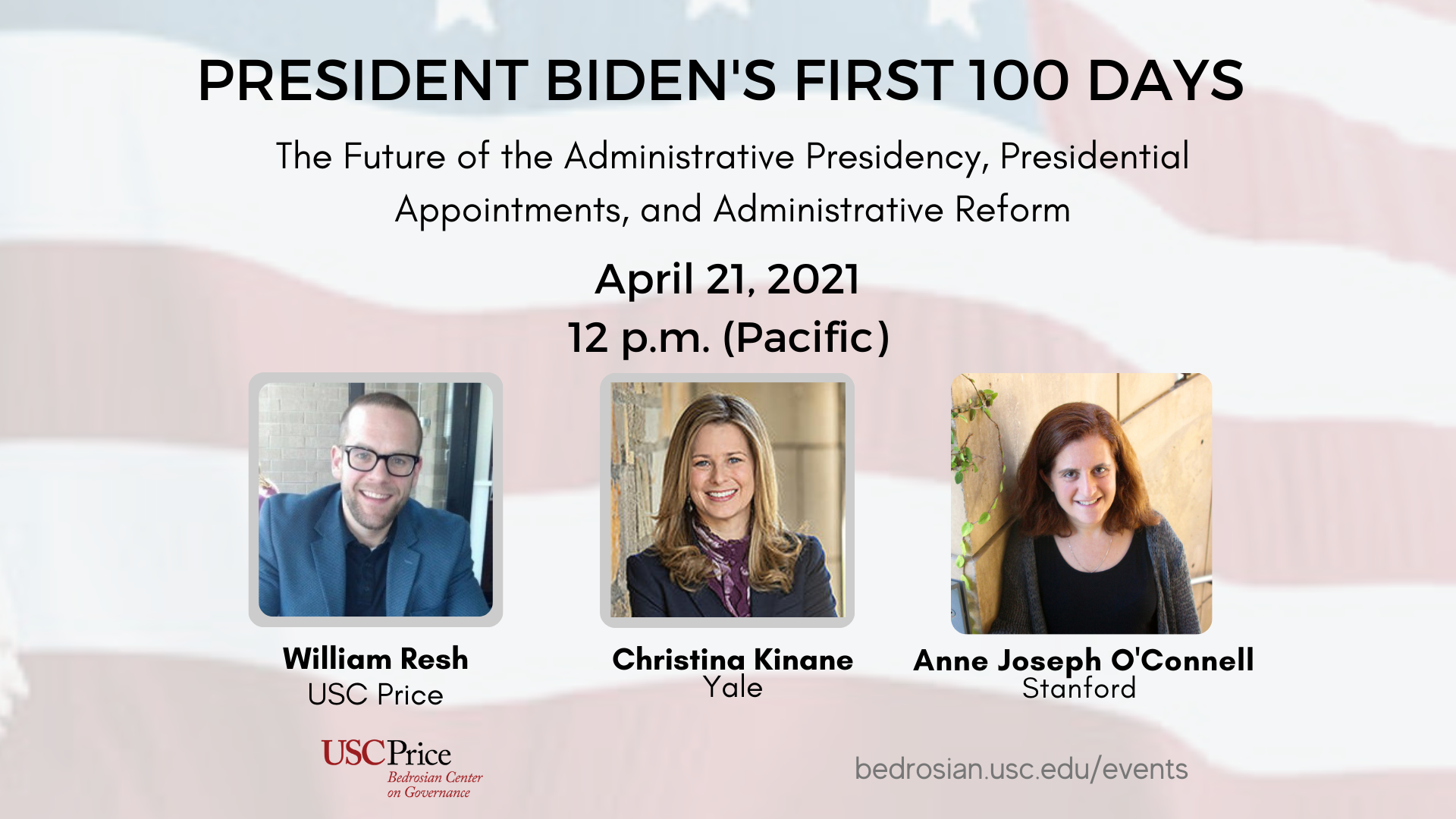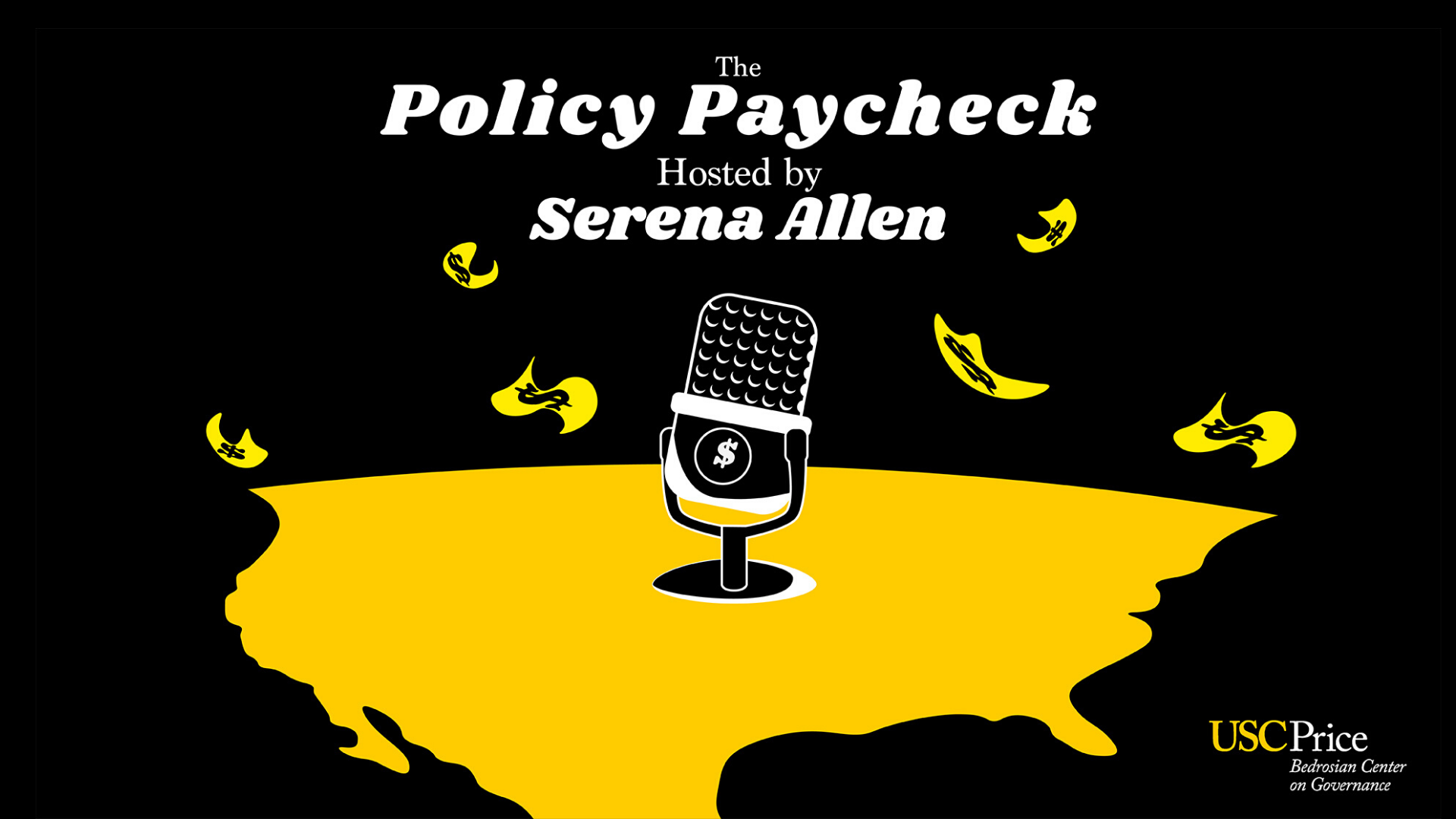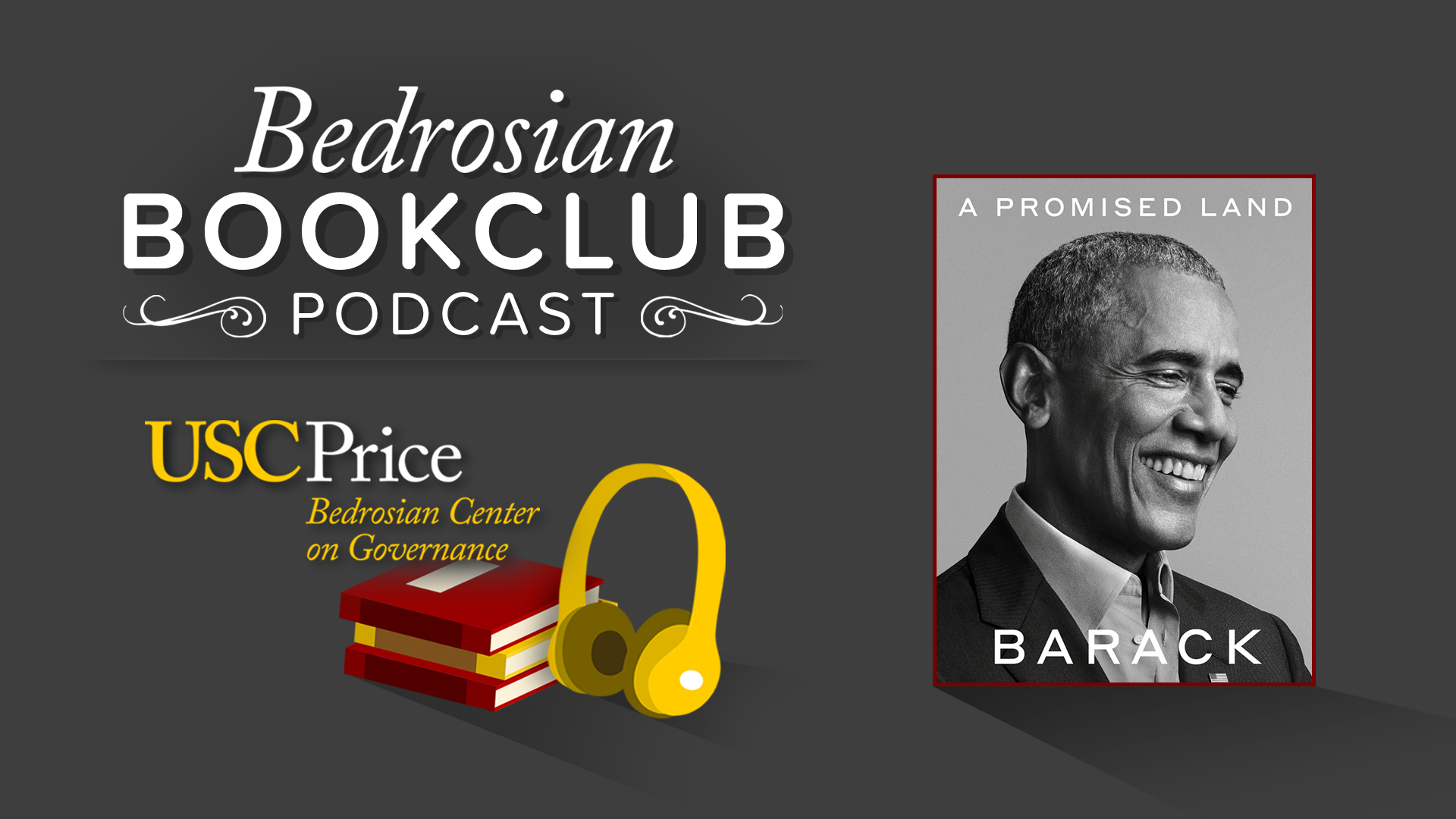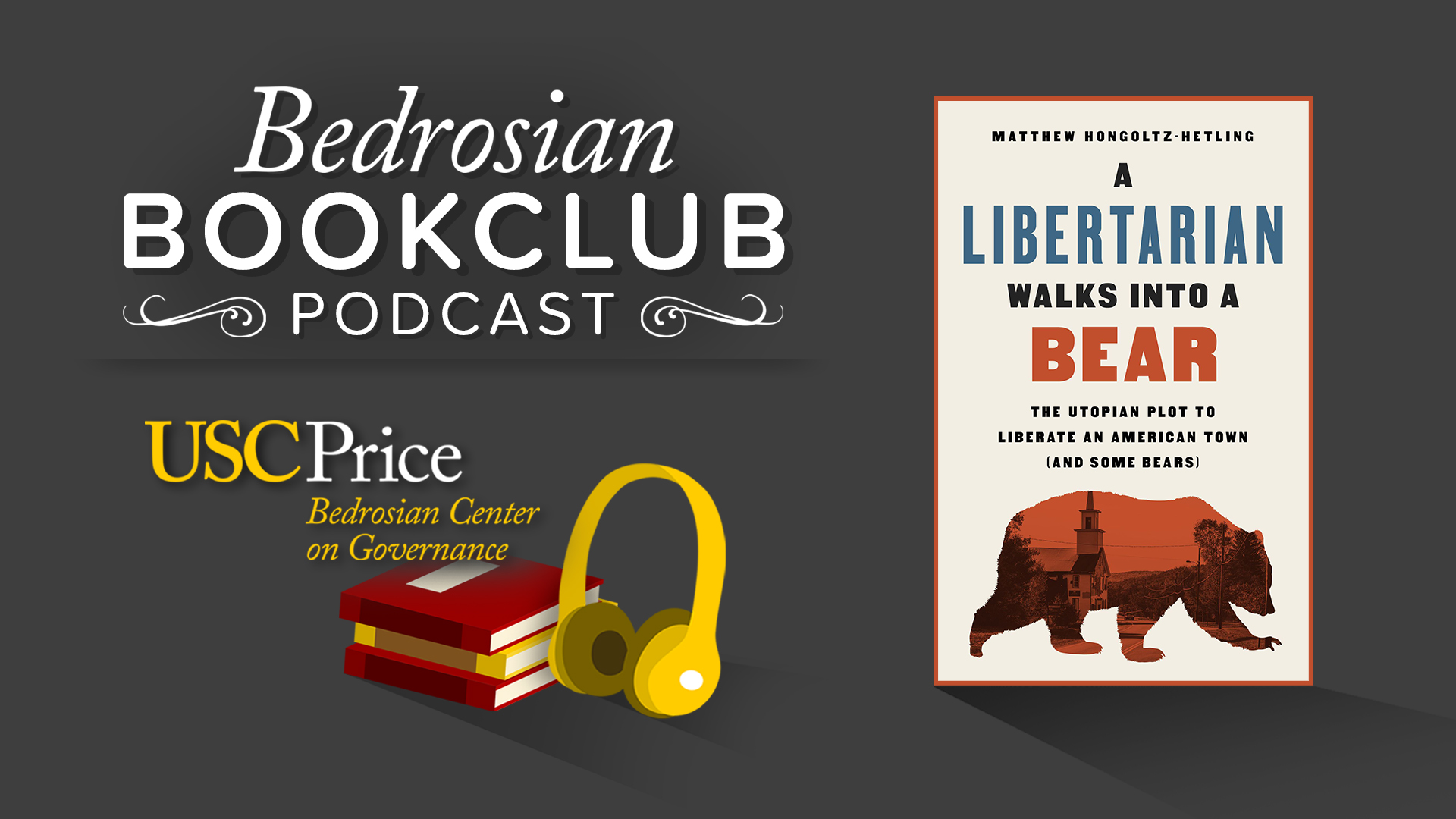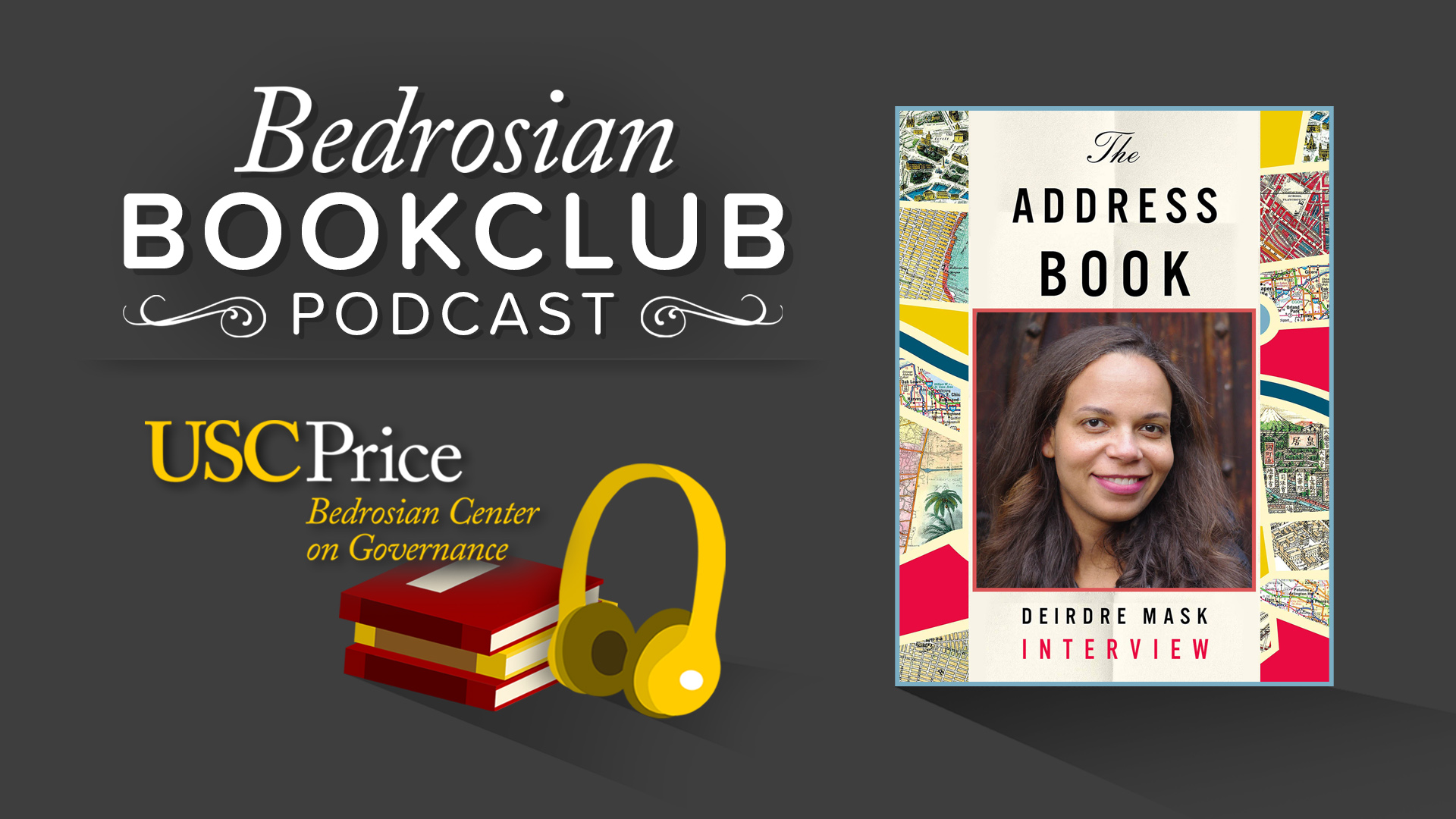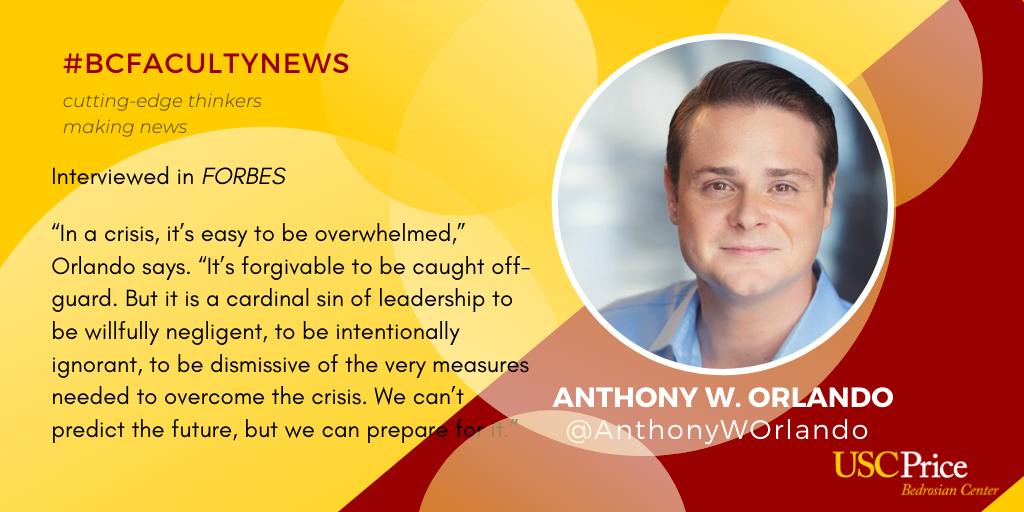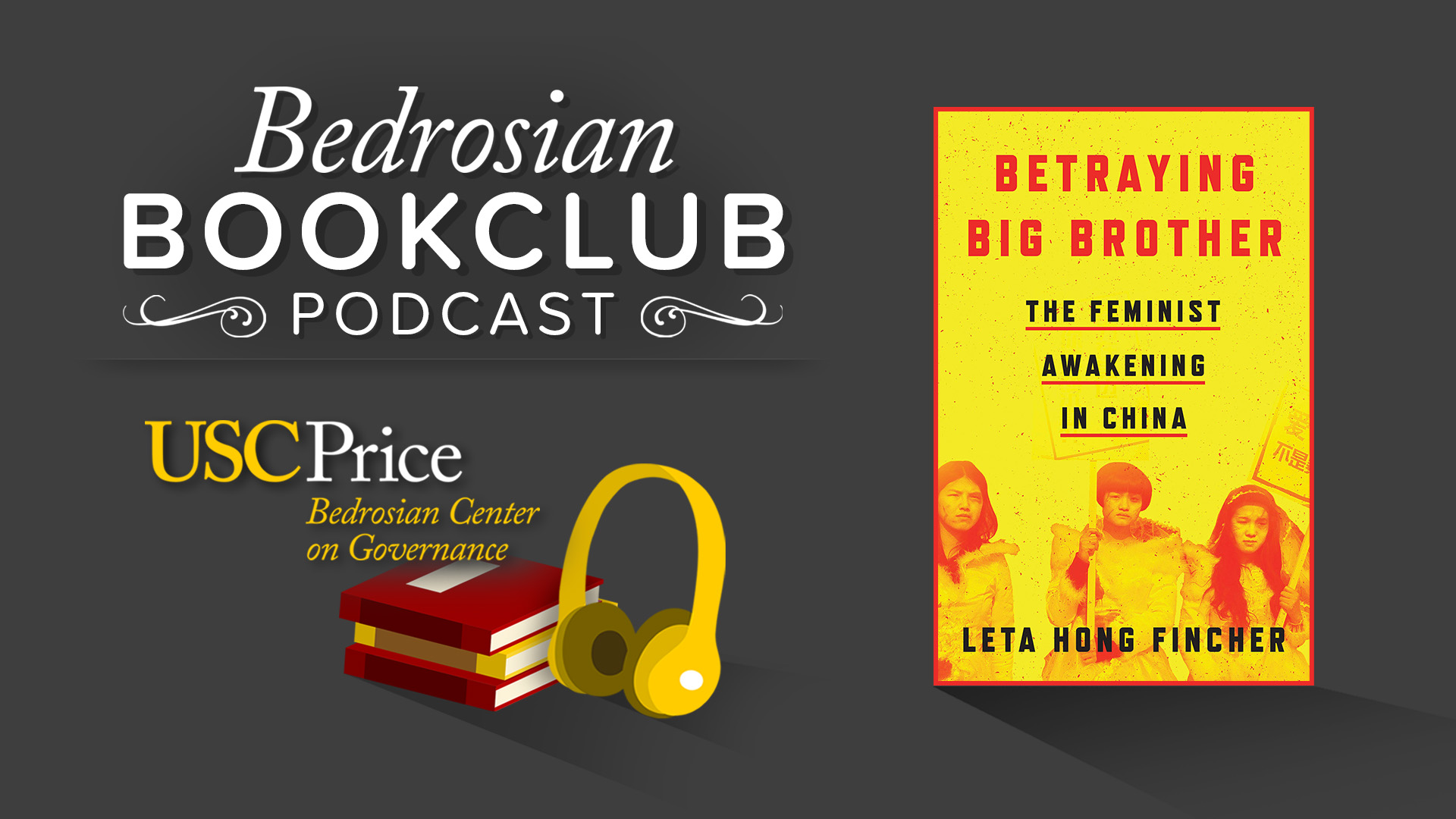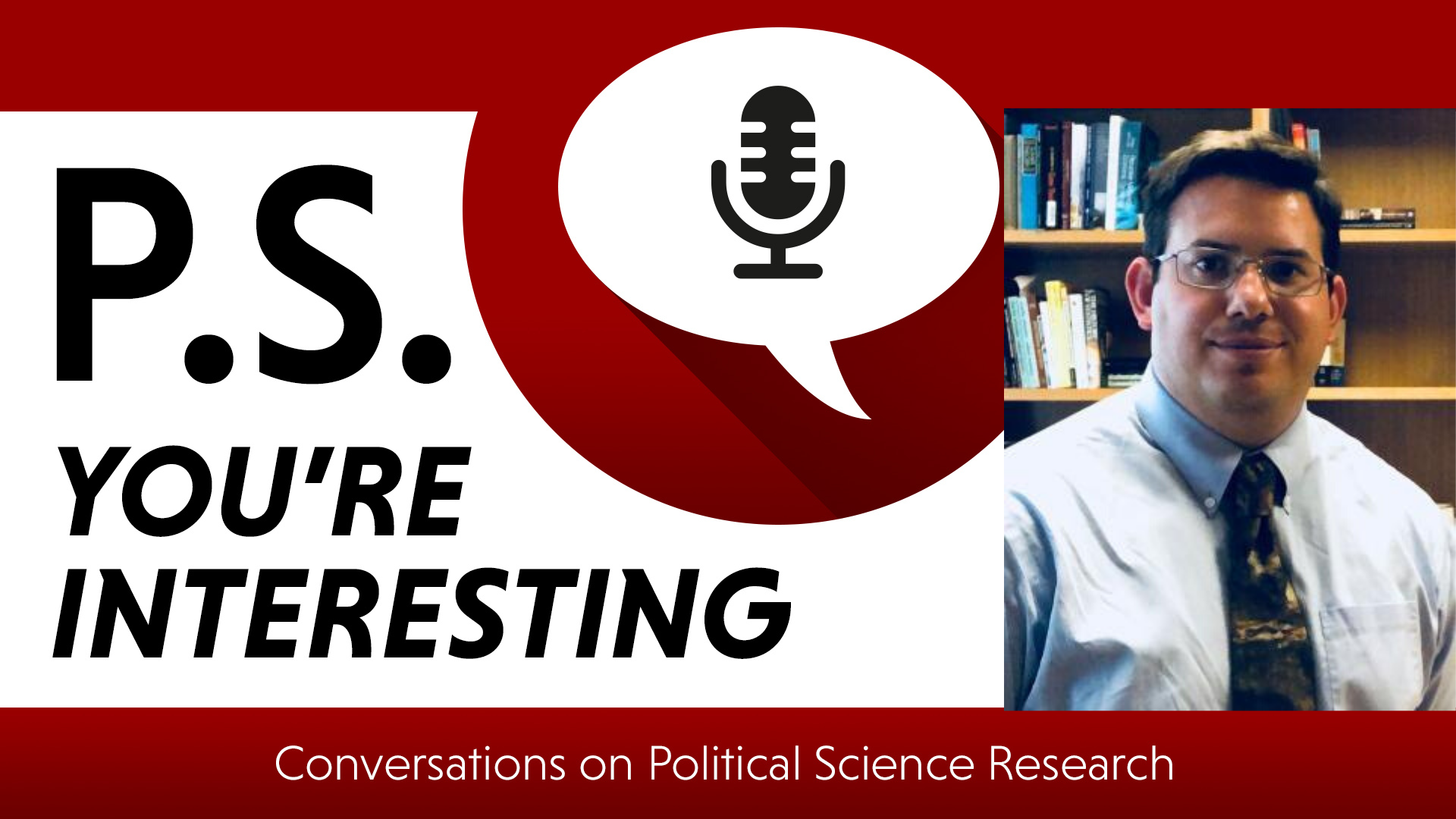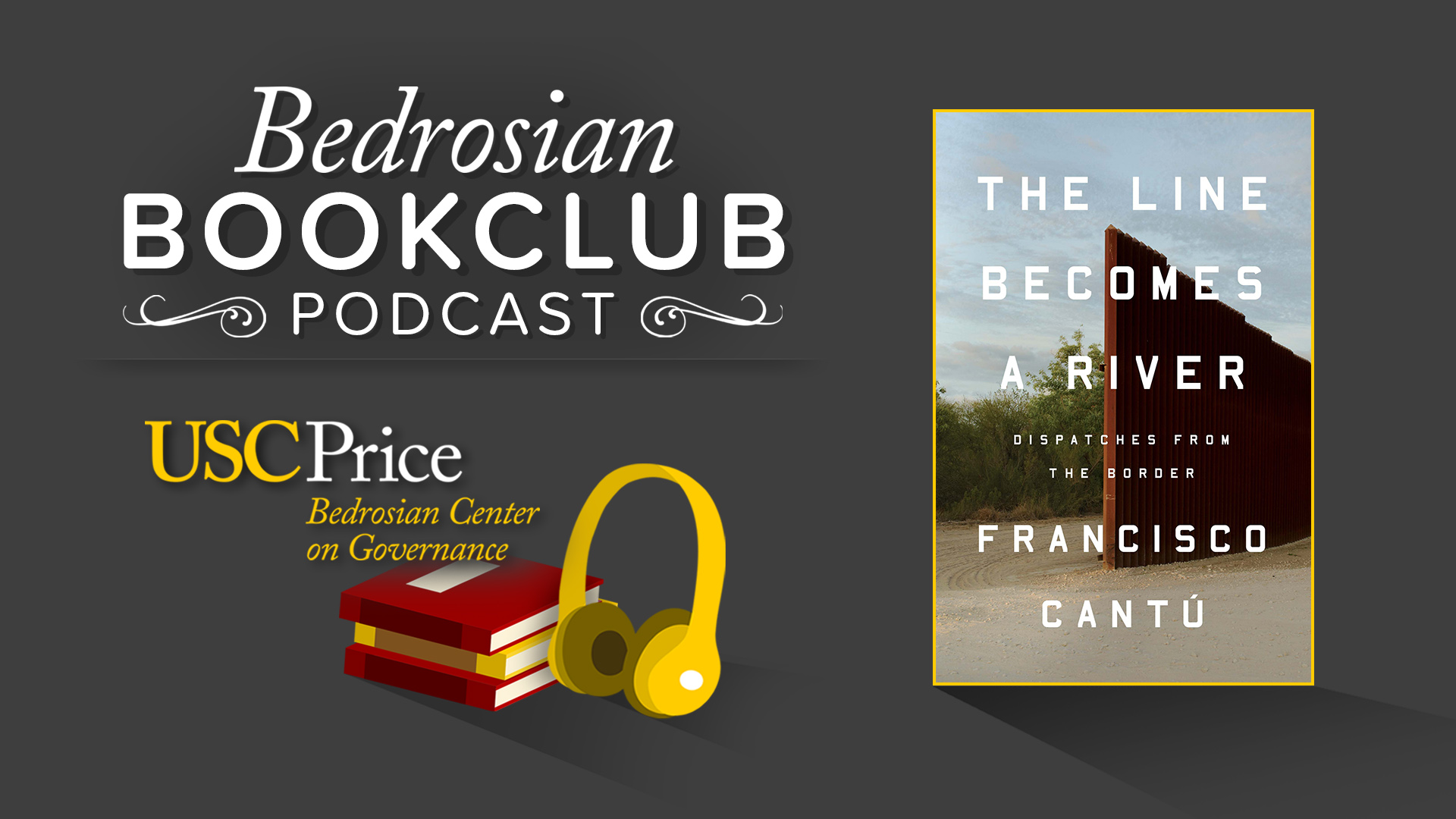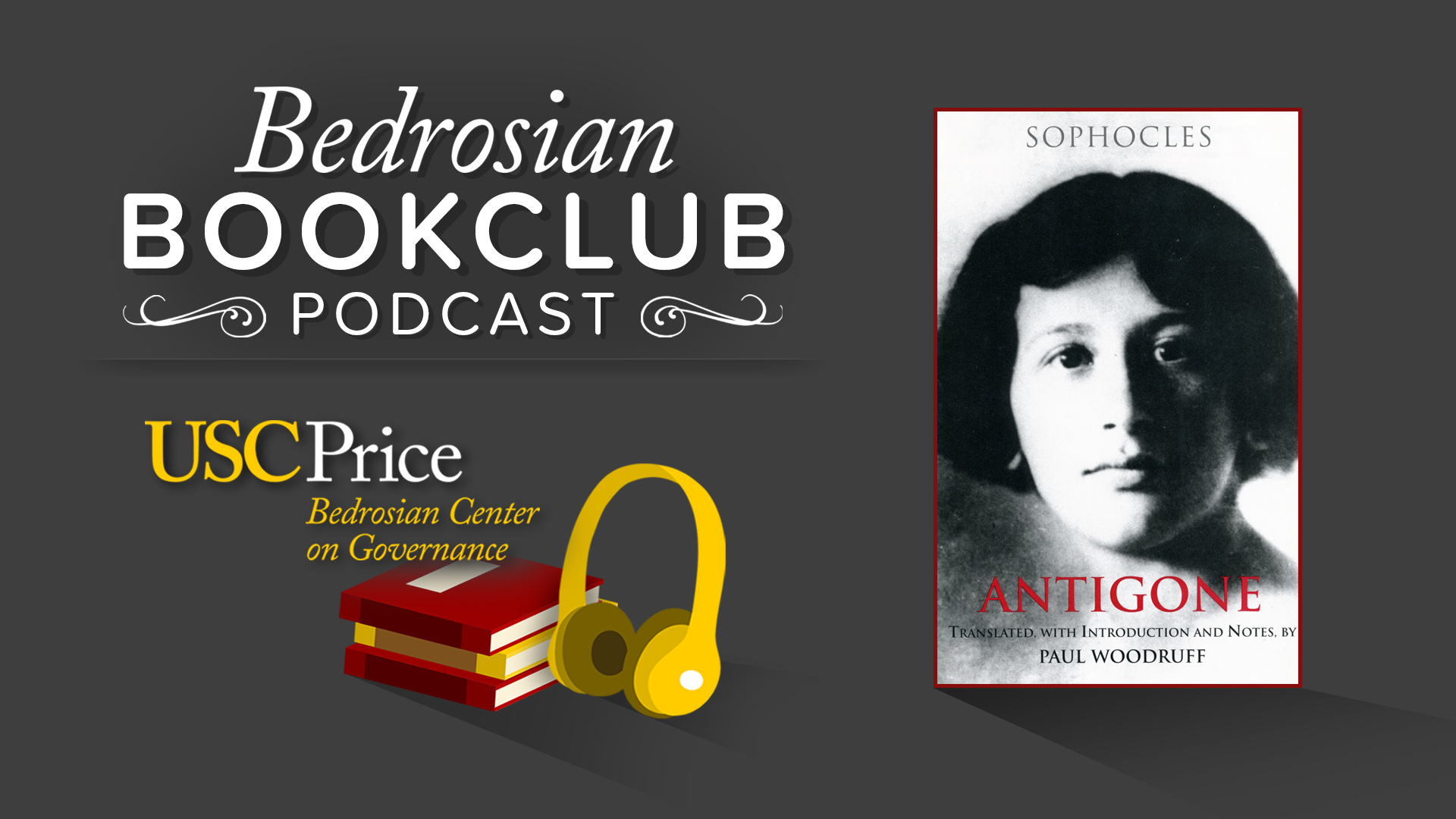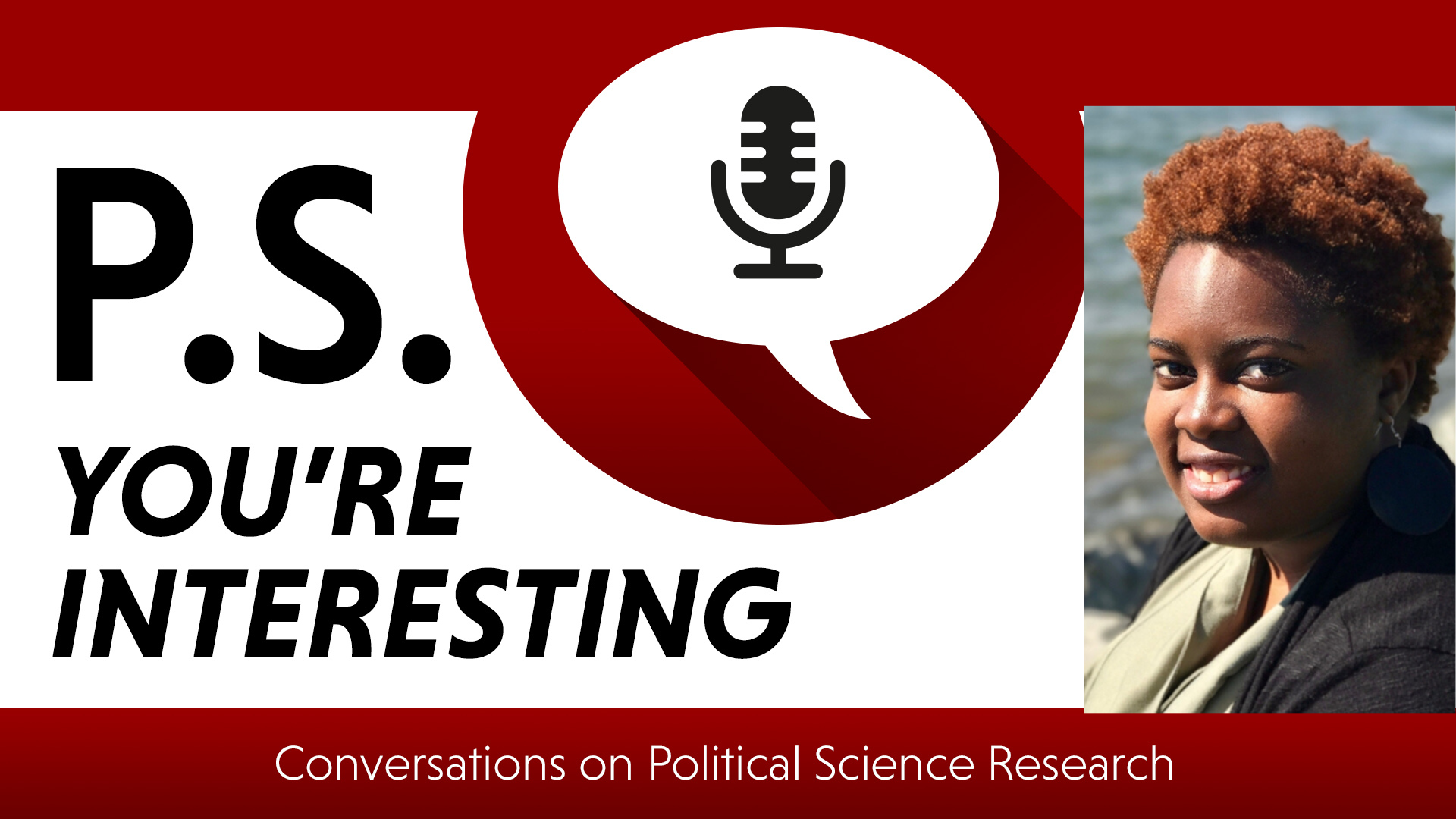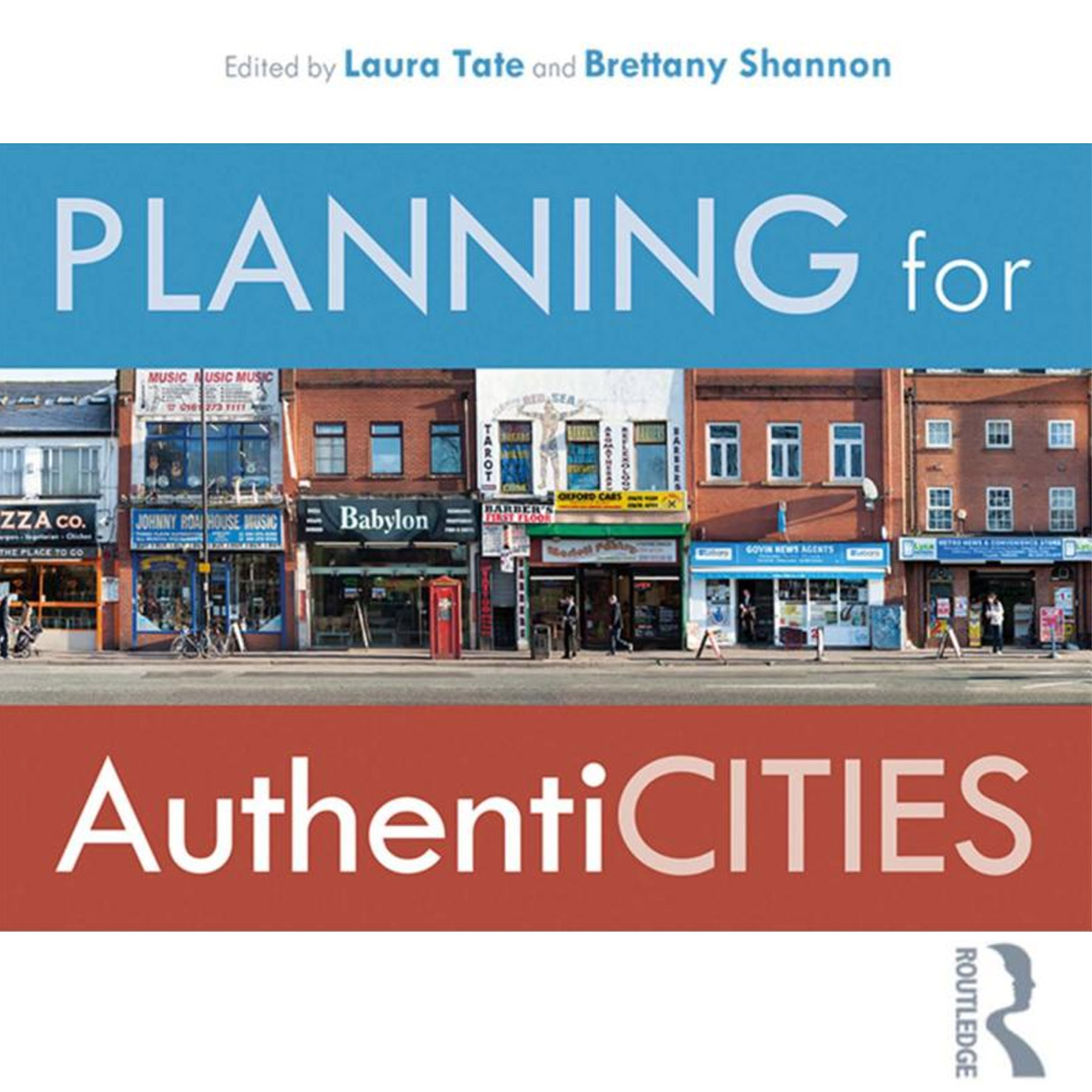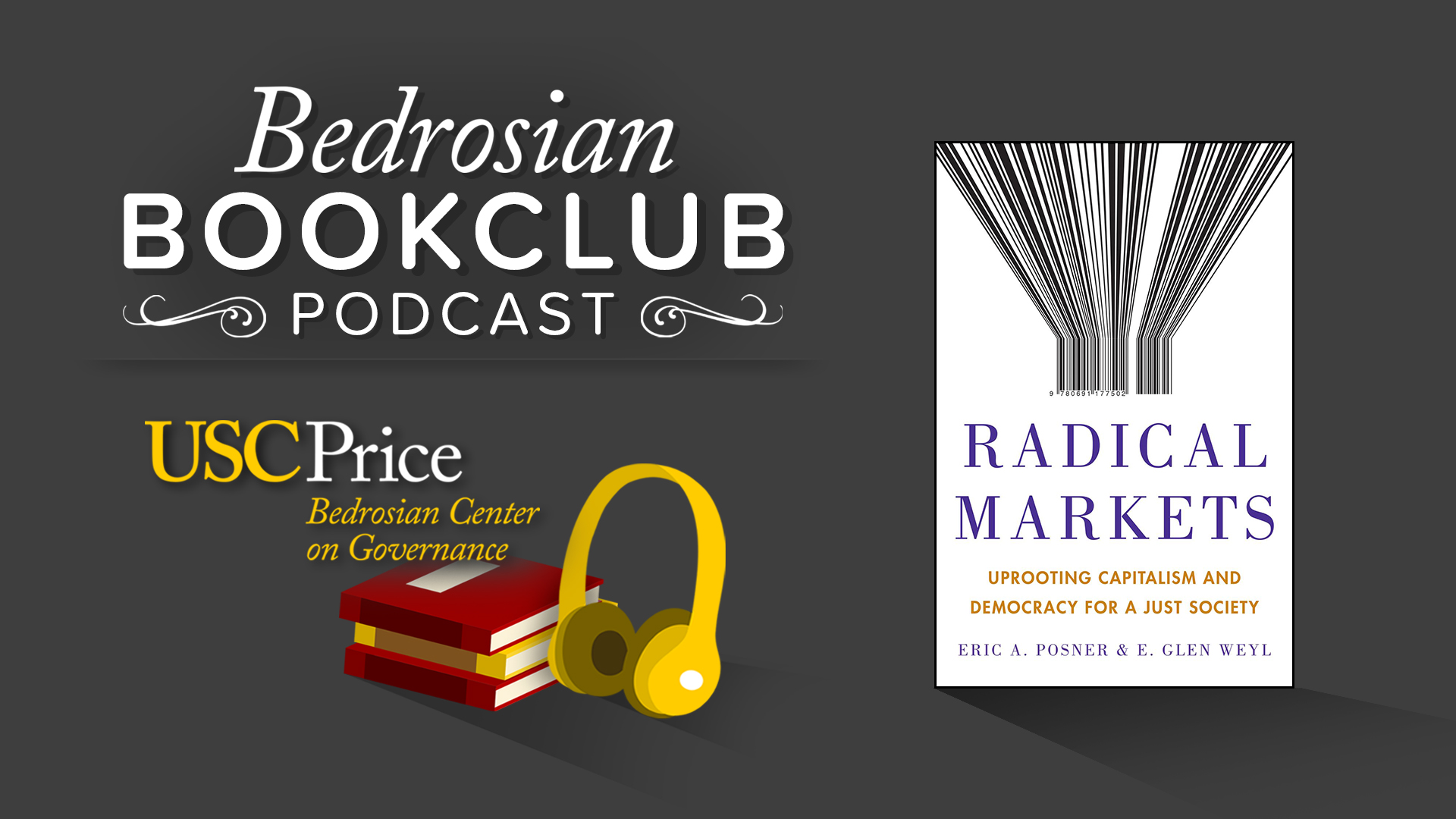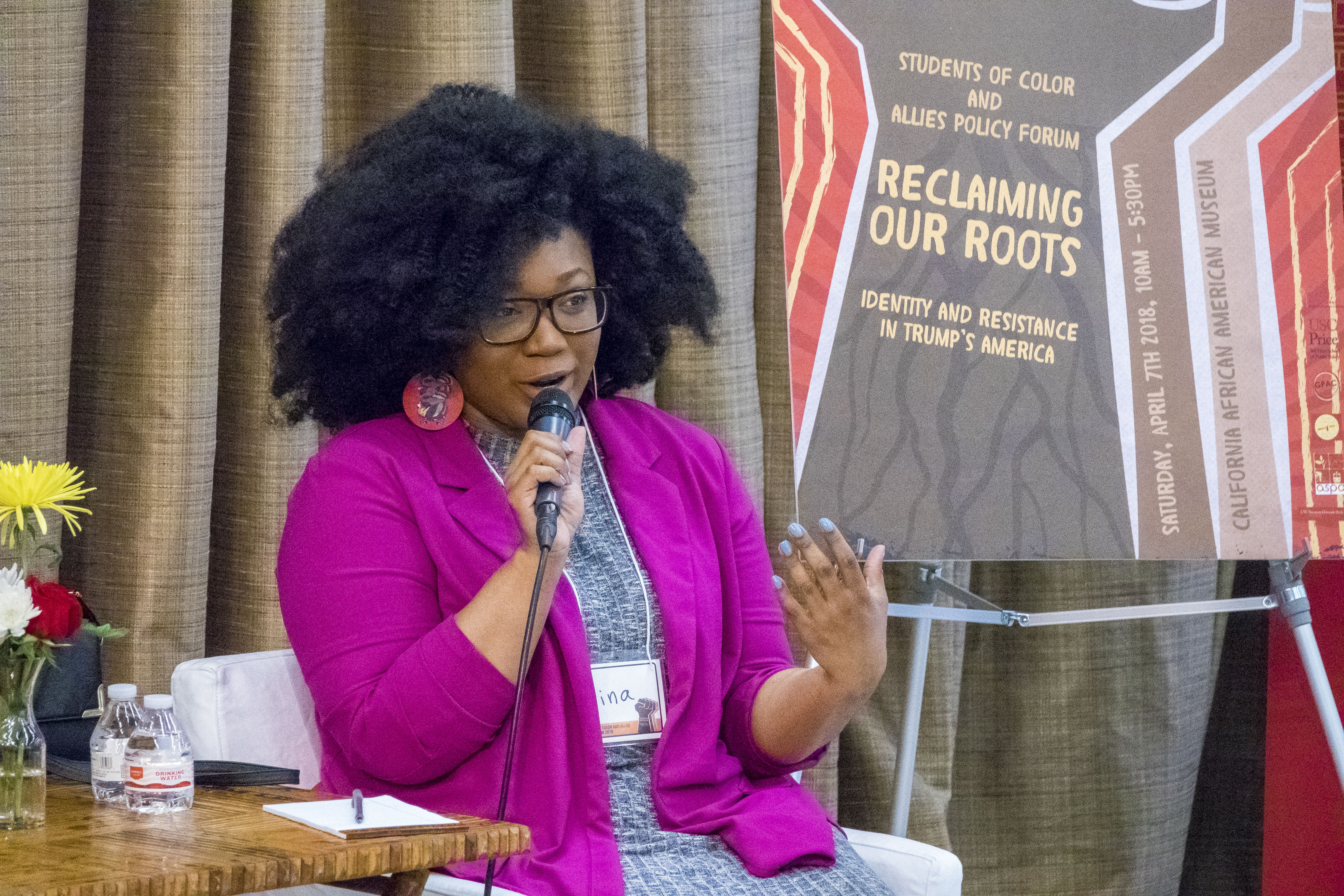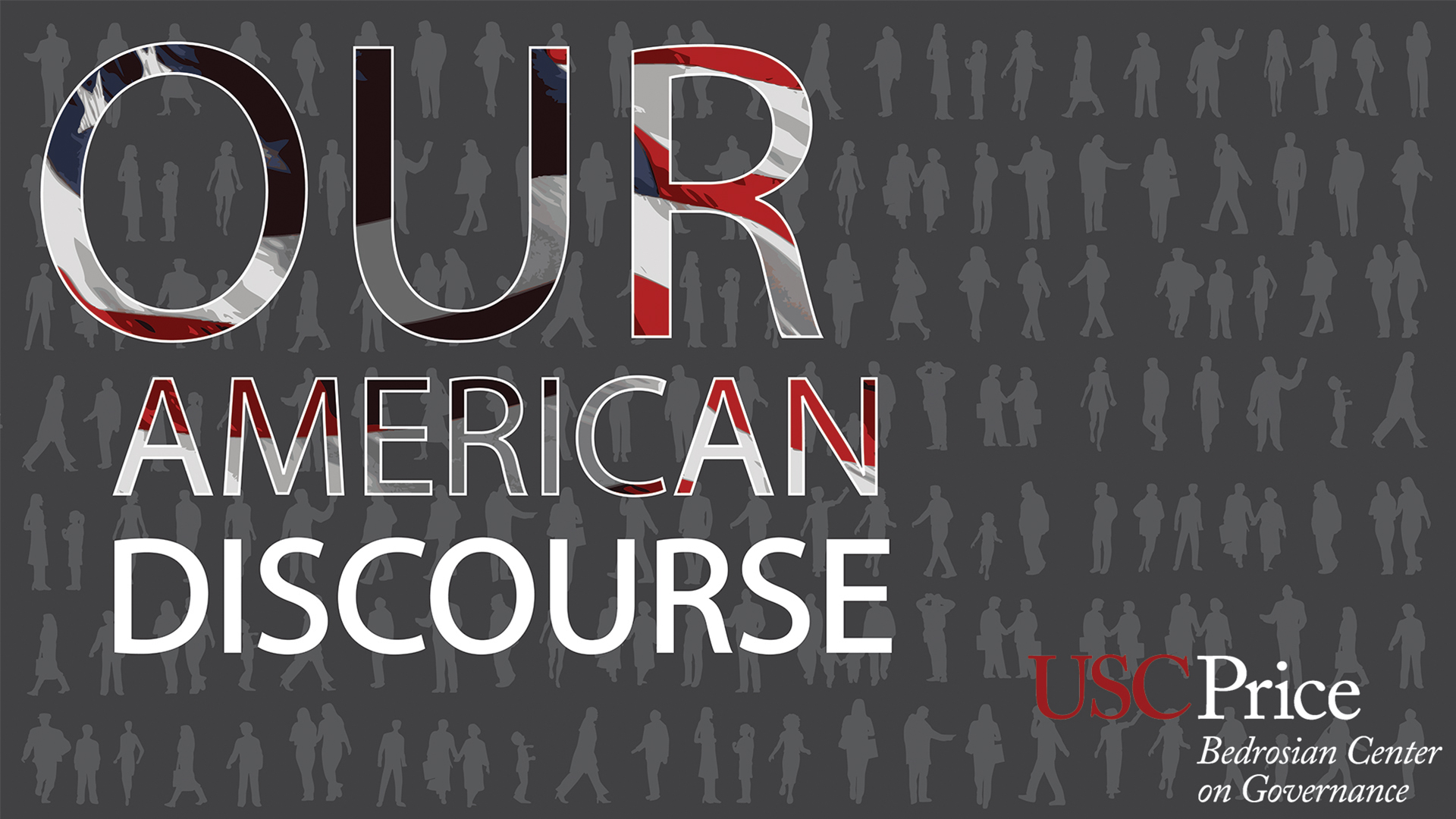President Biden’s First 100 Days
William Resh (USC) with Christina Kinane (Yale) and Anne Joseph O’Connell (Stanford) will discuss some of the legal intricacies of the Vacancy Act, the strategic calculations that political actors might make regarding vacancies, and their impact on agency performance.
Local Political Economy Symposium
The Local Political Economy Symposium at USC brings together nationally renowned scholars who study the most pressing political-economic issues at the local level — from compensation of public employees, to municipal bankruptcy, to criminal justice reform.
An Ounce Of Prevention: The Overlooked, Essential Task Of Leadership
Anthony W. Orlando was interviewed for a piece on leadership strategy by Rob Asghar for Forbes.
Commander in Cheat
Does Reilly make the case for using golf as a metaphor for President Trump’s governance?
Listen to the latest episode as host Lisa Schweitzer is joined by Anthony W. Orlando, David Sloane, and Richard Green to discuss Rick Reilly’s Commander in Cheat.
Join the conversation about each episode on Twitter, Facebook, or Instagram. Or email us at [email protected].
Antigone
This month, Lisa is joined by Carla Della Gatta and Richard Green to discuss the timeless play by Sophocles: Antigone.
The play has clear connections to political struggles we face thousands of years later. The struggle between law and norm, the struggle to define what the state can control, and more. Listen as our three scholars discuss the necessity of reading Antigone today.
LaGina Gause
Political influence of public protest In this episode of the PS You’re Interestingpodcast, Jeff Jenkins and LaGina Gause, Assistant Professor of Political Science at UC San Diego, discuss the pro-democracy (small d) results of her study on legislative responsiveness to collective action by marginalized groups. Her findings seem counterintuitive, in that the Read more…
Planning for AuthentiCITIES
What is authenticity in a community? What is an authentic community? In a world which never stops changing, growing, evolving … how can planners take up the challenge of authenticity? Host Lisa Schweitzer talks with editors Brettany Shannon and Laura Tateof the new book Planning for AuthentiCITIESabout the challenge and how Read more…
The Myth of Independence
Congressional historian Sarah Binder joins neighbor and investment manager, Matt Spindel in a look at the history of the relationship between the Federal Reserve and its legislative parent, Congress. The result is the Princeton University Press book The Myth of Independence: How Congress Governs the Federal Reserve.
To listen to the Bedrosian Book Club discussion of The Myth of Independence, click the arrow in the player on this post. Or you can download it and subscribe through ApplePodcasts, Soundcloud, Google Play, Stitcher or your favorite podcasting app!
Who Has the Ear of Your Legislators and Why They Can’t Seem to Get Anything Done
We’re six months away from one of the most consequential midterm elections in modern history, and Americans are fed up with Congress. Politicians have gotten a bad rap throughout history, but today’s legislators are setting record lows in approval ratings and public trust. What gives? Why do they disappoint us so often? Are they really ignoring our needs and demands, or are we misunderstanding the challenges they face?
In this episode, Sarah Anderson shows that it’s a little of both: politicians don’t listen to all constituents equally, but they also can’t just snap their fingers and fulfill our wishes.
To listen to this episode of Our American Discourse, click the arrow in the player here. Or download it and subscribe through ApplePodcasts, Soundcloud, Google Play, Stitcher, or your favorite podcasting app – click the links or search “usc bedrosian.”
Radical Markets
In Radical Markets, Eric A. Posner and E. Glen Weyl envision new rules for markets in order to limit the tyranny of monopolies and majority rule. Their aim, with 5 revolutionary ideas to cure what they see as the most important issue of our time: inequality.
What are some of these “radical” ideas, and does our panel think they are the revolutionary ideas we need?
To listen to the Bedrosian Book Club discussion of Radical Markets, click the arrow in the player on this post. Or you can download it and subscribe through ApplePodcasts, Soundcloud, Google Play, Stitcher or your favorite podcasting app!
Radical Markets
In Radical Markets, Eric A. Posner and E. Glen Weyl envision new rules for markets in order to limit the tyranny of monopolies and majority rule. Their aim, with 5 revolutionary ideas to cure what they see as the most important issue of our time: inequality. What are some of Read more…
USC Price student-led forum focuses on issues of identity, resistance
“In order for us to be inclusive, we need to really highlight that representation matters and include as many people, organizations, thought processes and concerns that people may have,” said Malaika Merid, a second-year Master of Public Policy Student at USC Price who was one of the event organizers. “This is a gathering space of real diverse thought, and I think that the best way for us to move forward with that is to keep creating ways to find more diversity of thought to be included within the forum.”
Who Do Politicians Really Represent & Do We Notice?
In this episode, Brian Newman uncovers who’s represented, who’s not, and how it affects their view of government.
The importance of strong “personal touch” relationships in housing services
by Shawn Flanigan To learn why the San Diego Housing Commission’s Achievement Academy – a suite of workforce development programs – is effective in supporting families receiving Section 8 vouchers, we continue conducting interviews in our longitudinal data collection with Achievement Academy families. Our conversations have put a spotlight on a Read more…

